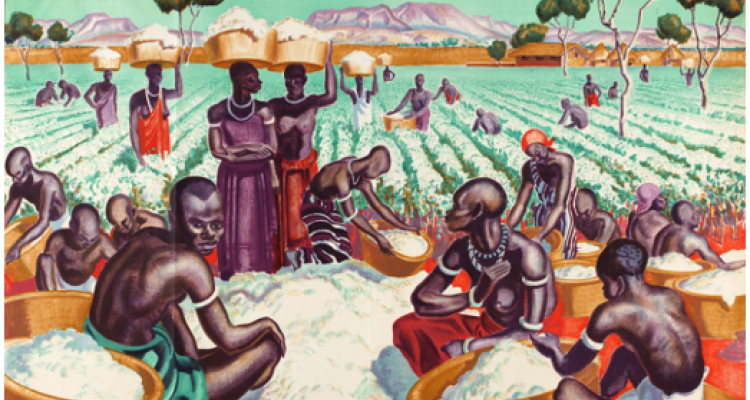
Project
A good crisis gone to waste? How the 1930s Great Depression deepened Africa’s primary commodity dependence
The 1930s Great Depression signifies the deepest crisis of global capitalism since the Industrial Revolution. Africa was dragged into the slump by its colonial status and dependency on export of primary commodities (agricultural/mining products). The Depression also heralded transformative economic reforms across the global north and south. However, Africans’ dependence on unpredictable global commodity markets deepened during and after the crisis, despite worsening trade conditions. If the Depression held any transformative potential for Africa – as it did for other world regions – we must understand why it went to waste.
This project pursues an empirically-grounded understanding of this crucial but understudied juncture in African long-run development. It centres on what I call the “Depression Paradox”: why did African primary commodity dependence continue to deepen during the 1930s, despite sharply worsening terms of trade and declining colonial investment? Extant scholarship suggests that both pressure- and opportunity-driven responses by colonial administrators, as well as local farmers and laborers could explain this paradox. By untangling the relative importance, interplay, and repercussions of these contrasting explanations, this project generates novel and important insights into 1) the drivers of Africa’s persistent primary commodity dependency, and 2) the political economy of colonialism in crisis. The research focuses on British and Belgian East and Central Africa, which harbours ample internal variation of relevant local conditions, Depression-era dynamics and economic outcomes.
I employ a mixed-method approach, harnessing qualitative and quantitative sources from understudied archives in Africa and Europe. I compile and analyse a fine-grained, province-level dataset (1920-1939). Selected regional cases are studied in-depth, focusing on three distinct commodities: coffee, cotton and copper. Project output consists of two journal articles and a monograph, as well as a multimedia teaching package, an interdisciplinary workshop and a special issue by scholars and policymakers working on crisis and reform in Africa
Michiel was interviewed by Stijn Schreven (Resource) about his project. Find the
interview here.